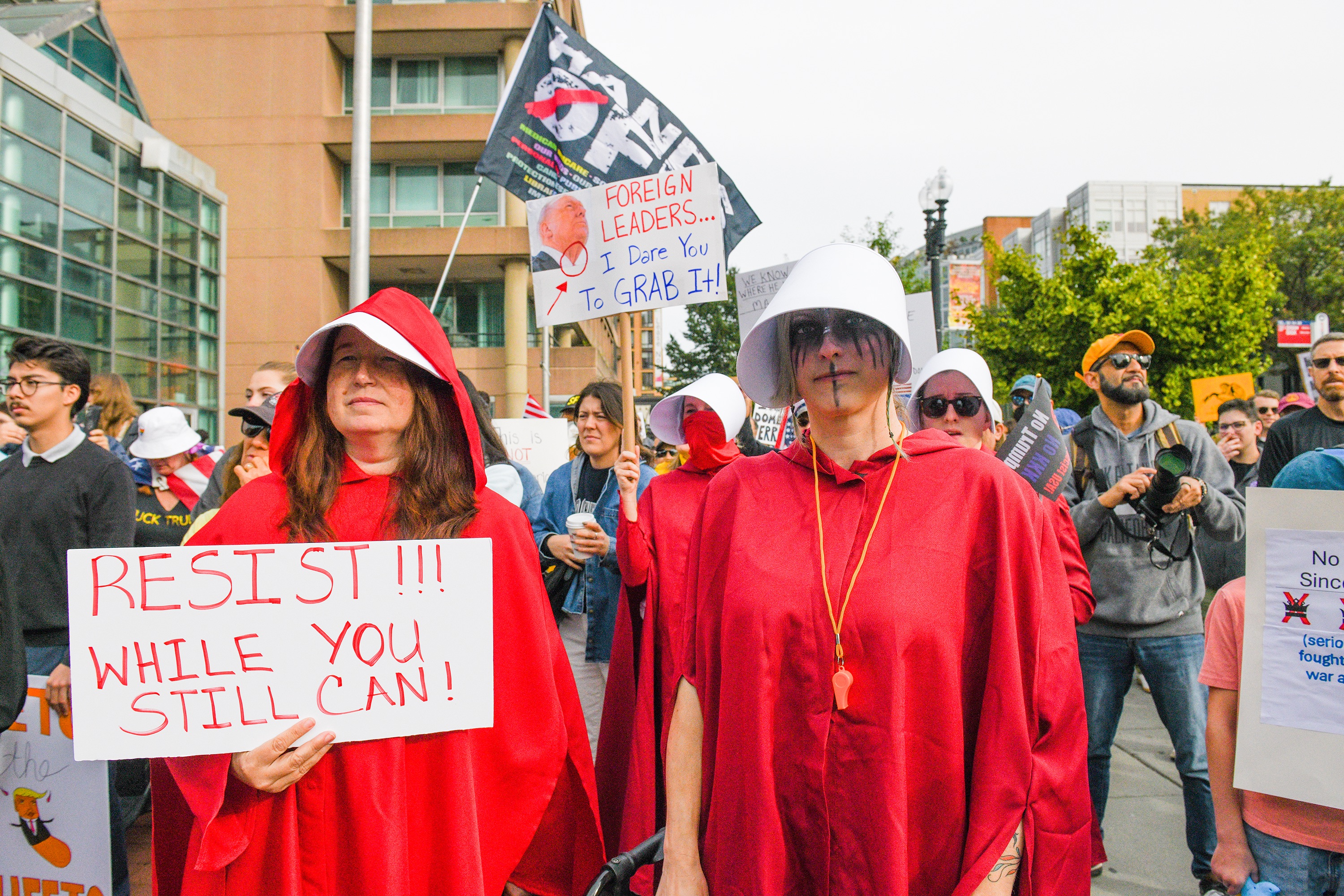U.S. Rep. Barney Frank thought about running for the U.S. Senate, but that was five years ago, when it looked like Democratic presidential candidate John Kerry might win the White House. Kerry did not, so no Senate seat was available.
Now, with the death of Sen. Ted Kennedy, a Massachusetts seat is available, but Frank says he’s not interested.
”I would have liked to have been a senator,” said Frank, in a brief telephone interview this week.
Frank likes it where he is now. And what’s not to like? He’s chairman of one of the most influential committees in Congress, the House Financial Services Committee. He has been characterized as ”one of the most powerful members of Congress” by the New York Times. And this week, President Obama singled him out, in a speech to a star-studded financial world audience, as ”my good friend Barney Frank.”
”We have a host of members of Congress, but there’s one that I have to single out because he is going to be helping to shape the agenda going forward to make sure that we have one of the strongest, most dynamic, and most innovative financial markets in the world for many years to come,” said Obama.
The president was speaking Monday in New York on the one-year anniversary of the news that the major financial services firm Lehman Brothers was filing for bankruptcy. And his acknowledgement of Frank was an acknowledgement of the Massachusetts congressman’s leading role in trying to repair and protect the U.S. financial services world through increased and improved federal regulation.
Frank’s role is so important, in fact, that he can even disagree with the president, the head of his Democratic Party. According to Bloomberg, Frank said Monday that Congress would give a council of regulators the power to monitor large financial companies, ”bucking a White House plan to give that authority to the Federal Reserve.”
Elizabeth Warren, head of the Congressional Oversight Panel monitoring the use of Troubled Asset Relief Program (TARP) funds, called Frank the kind of ”fighter to have on your side.”
And Frank said he intends to keep fighting for the financial reforms, not for the newly vacant Senate seat from Massachusetts.
”There’s no way I could run for the Senate and work on this,” said Frank, pointing out that a Senate race would detract from his ability to achieve the reforms needed. ”And if I saw me in this position, saying I was interested in this reform but was running for the Senate, I wouldn’t vote for me.”
The Senate seat held by Kennedy for three decades is widely expected to go to another Democrat in the special election slated for Jan. 19. So most of the focus now is on the Democratic primary Dec. 8.
Also, as expected, the state’s Democratic Attorney General Martha Coakley has already announced her campaign to fill Kennedy’s seat. Coakley has been a strong friend to the GLBT community, most recently filing a lawsuit in federal court to challenge the federal Defense of Marriage Act (DOMA).
Two U.S. representatives — Stephen Lynch and Michael Capuano — both with high scores from the Human Rights Campaign for their voting records on GLBT issues are reportedly also considering a run.
Frank said Monday that he has decided who he will support in the race, but added that he is not yet ready to disclose who that is.
© 2009 Keen News Service
























